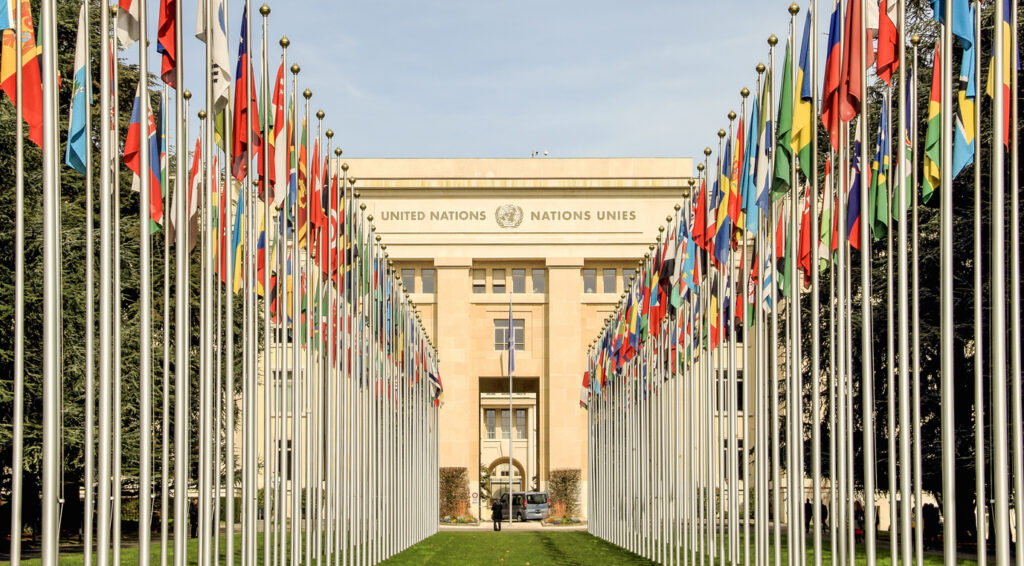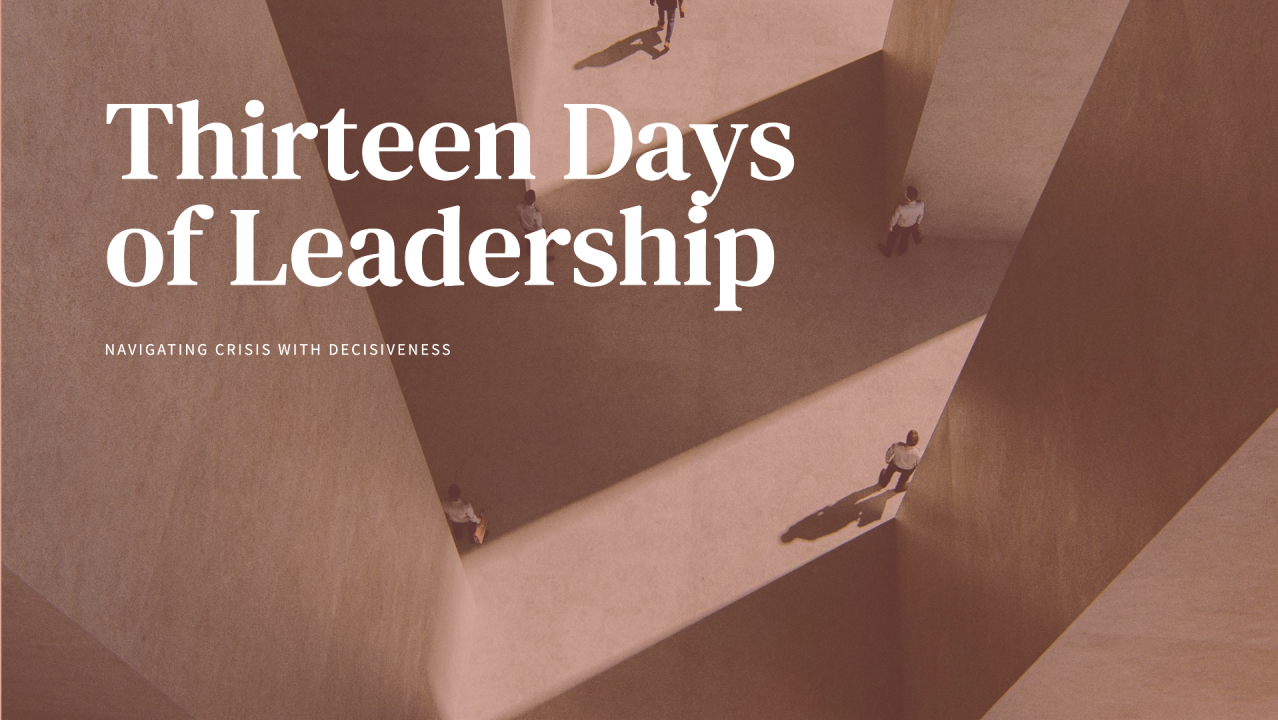This week’s Monday Book Club takes a deep dive into Thirteen Days by Robert F. Kennedy. The book recounts one of the most intense and critical moments in modern history—the Cuban Missile Crisis—and offers a behind-the-scenes look at the decisions that shaped the world. While the stakes in business might not compare to the potential for nuclear war, there are critical lessons in leadership, decision-making, and communication that every business leader can apply to their daily challenges.

Key Concepts from Thirteen Days
At its core, Thirteen Days teaches us about the pressures of leadership in times of crisis, the power of diplomacy, and the critical role of accurate information. Kennedy’s detailed account of the Cuban Missile Crisis highlights five key lessons:
- The heavy burden of decision-making under pressure.
- The importance of clear, strategic communication.
- The dangers of misinformation and the necessity of accurate intelligence.
- The tension between immediate, tactical actions and long-term strategy.
The fragile balance of peace and conflict, emphasizing the need for calm and steady leadership.
1. The Weight of Leadership and Decision-Making
During the Cuban Missile Crisis, President John F. Kennedy and his team faced decisions where every outcome could have global consequences. For business leaders, understanding the gravity of decision-making and how to navigate it under pressure is crucial.
- “At issue was the question of whether the United States would survive.”
- “The president’s decision had to balance the risks of war against the dangers of doing nothing.”
- “When leadership is tested, the right decisions often come with no guarantees of success.”
2. The Value of Diplomacy and Communication
Kennedy’s ability to negotiate and communicate with Soviet leader Nikita Khrushchev was a pivotal factor in resolving the crisis. In business, effective communication and diplomacy are essential, especially when dealing with high-stakes negotiations or conflict resolution.
- “We were determined to avoid a war that could escalate beyond our control.”
- “Diplomacy is not about appearing weak; it’s about giving your adversary the space to reconsider.”
“It was clear that maintaining open lines of communication was critical, even in the tensest moments.”

3. The Role of Intelligence and Avoiding Misinformation
Having accurate information was critical to making informed decisions during the crisis. Businesses, too, need reliable data and intelligence to avoid costly mistakes.
- “The need for accurate intelligence was greater than ever.”
- “False information had the potential to ignite the conflict. Misinformation, if left unchecked, can lead to irreversible consequences.”
“In the fog of crisis, we knew that clarity of facts was our most valuable weapon.”

4. The Balance Between Military and Political Solutions
Throughout the crisis, Kennedy and his advisors were caught between military action and diplomatic solutions. Similarly, business leaders often face the choice between aggressive tactics and more measured, long-term approaches.
- “The generals pushed for an immediate air strike.”
- “Sometimes the best strategy is not the one that offers immediate results, but the one that provides lasting peace.”
- “The decision to hold back military action was a calculated one, knowing the risks of escalation.”
5. The Fragility of Peace and the Threat of Conflict
Thirteen Days emphasizes the fragility of peace and the dangers of escalation. In business, understanding the delicate balance of relationships, especially in competitive industries, can help leaders maintain stability while navigating uncertainty.
- “The line between peace and war was razor thin.”
- “The threat of conflict was always present, even in moments of apparent calm.”
- “Preventing war is not a one-time achievement, but an ongoing process of vigilance and diplomacy.”
Applying These Concepts to Your Business
In business, the pressures may not be as intense as those faced during the Cuban Missile Crisis, but the leadership lessons from Thirteen Days are deeply relevant. Understanding the weight of decision-making, the value of clear communication, and the importance of intelligence can help business leaders navigate crises in their own organizations.
Whether you’re launching a new product, negotiating a major deal, or responding to unexpected challenges, the strategies employed by the Kennedy administration offer valuable insights into managing complexity, uncertainty, and risk.
My Rating: ⭐⭐⭐⭐⭐ (5/5)
Thirteen Days is a must-read for business leaders who want to learn from history’s greatest crisis negotiators. The book provides a unique perspective on leadership, decision-making, and the importance of measured action under extreme pressure.
How Does This Resonate with Your Experience?
Have you ever faced a business decision where the stakes felt high? How do you manage communication and decision-making under pressure? Let’s discuss how these lessons from Thirteen Days apply to today’s business world.
